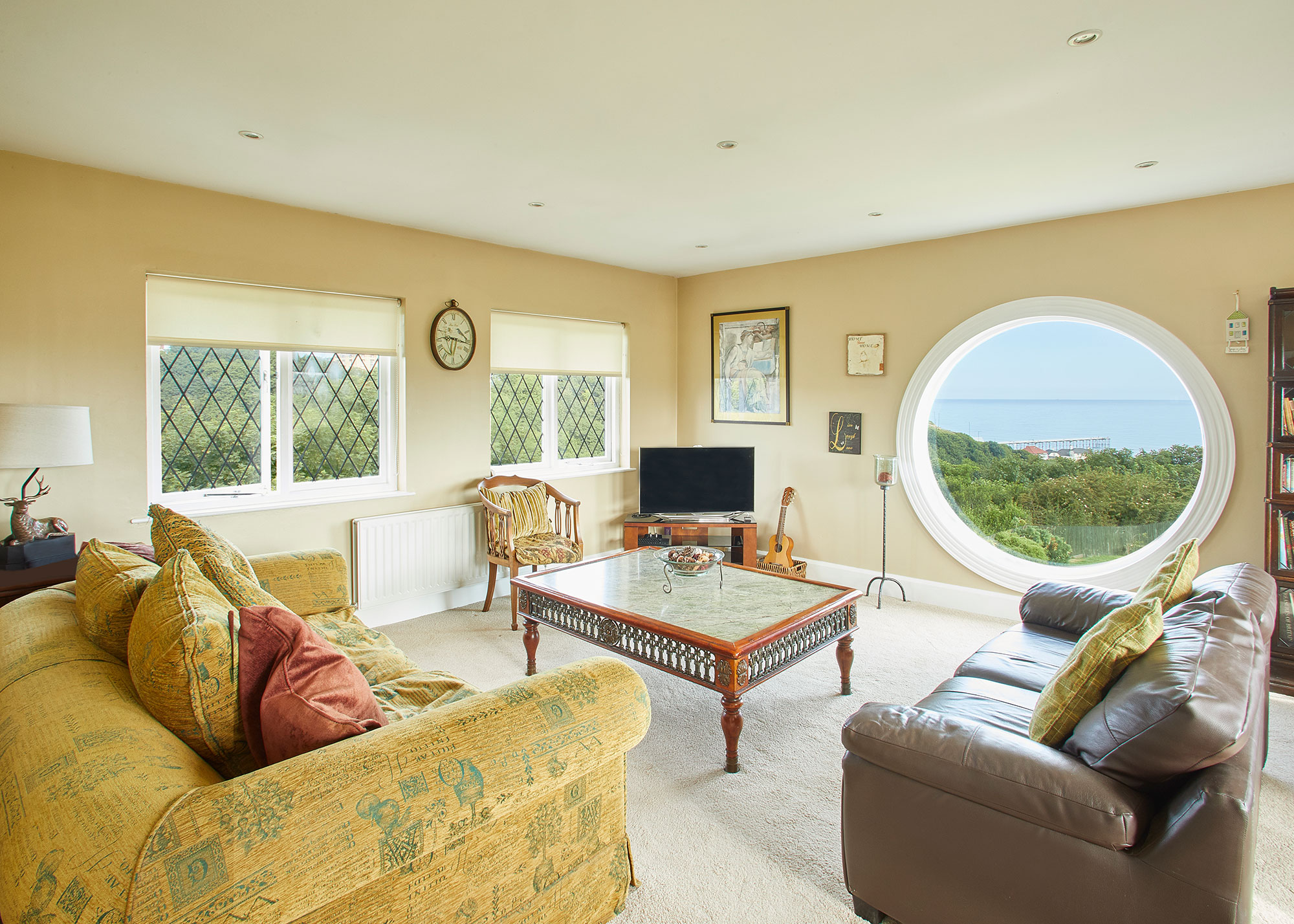
Tax Pro’s and Con’s of Holiday Let Property Investing
Sunday 2nd December, 2018 by Host & Stay
When it comes to tax implications on property investment I’m sure were all now well aware of Section 24, but on the off chance that you aren’t aware of it, here’s a quick overview.
Section 24 of the Finance (no.2) Act 2015 states that as of April 2017, mortgage, loan and overdraft interest costs will not be considered in calculating taxable rental income.
The changes are being phased in gradually over four years from 5th April 2017, and by 2020, 100% of finance costs will be restricted to 20% tax relief only. For a number of landlords this will and is having a major impact on their tax liabilities and can push some landlords into higher tax brackets which can lead to other implications on things such as child tax credits, and student loan repayments.
Section 24 applies to UK Landlords with residential rental property anywhere in the world, non-UK resident landlords with UK based residential rental properties, and trusts and partnerships with residential rental properties.
The one positive, at least for now is that commercial property is unaffected, AND holiday let property is also unaffected by these new rules. Great news for everyone that is considering investing in Holiday Let/SA properties.
There is some further good news for those looking to purchase and operate a holiday lets/SA in their personal name or via a Partnership, and that is a number of tax reliefs available, such as:
- Capital Gains Tax Relief such as Business Asset Rollover Relief, Entrepreneurs Relief, Reliefs for gifts of business assets, and relief for loans to traders.
- You are entitled to plant and machinery capital allowances for items such as furniture, equipment and fixtures
- The profits count as earning for pension purposes
In order to qualify for these reliefs, the accommodation must qualify as an FHL, Furnished Holiday Let(tings). How the property qualifies as an FHL can be found here.
If you are looking to operate your holiday let/SA via a limited company, than normal corporation taxation rules will apply.
Along the subject of tax, there are two further taxes to be aware of when operating a holiday let/SA, and those are Council Tax (which will very likely become Business Rates) and VAT.
Entrepreneurs relief means you could enjoy a 10pc tax rate on capital gains up to a lifetime limit of £10m. brilliant if you have been operating your holiday lets or SA’s for an extended period of time and want to realise their increased capital value.
Capital Allowances are likely the most prevalent tax relief that you have heard of on your property journey so far, especially if you have had any dealings in commercial property.
As a rule of thumb, such integral features can amount to between 10% and 30% of the cost of a building when purchased. Where the figure comes out in that range will depend upon the nature of the property and the higher the specification of the building then the higher the percentage of integral features that one would expect.
The bigger percentages are most likely to be encountered in very high specification overseas properties which have both air conditioning and swimming pools. A more likely figure for a UK property is 10% to 20% with a claim at the bottom end of that range being relatively unaggressive.
There are a number of specialist firms of surveyors who are able to assist with such capital allowances claims and undertake all the appropriate work to establish the correct percentage to claim.
Finally, lets look at the fact that with holiday lets the profits count as earnings for pension purposes, whereas rental income from standard lettings does not. You can invest up to £40,000 into a pension each year and you can get tax relief on the money you invest into a pension.
If you invest in a pension as a basic rate taxpayer then you will receive a tax credit of 20%, and if you are a higher rate taxpayer then you will receive 40% tax relief.
As an example, if you made a profit of £20,000 from your Holiday Let and invested £10,000 into a pension, then he would only pay tax on £10,000. So he’d save £2,000 in tax by putting his money into a pension scheme.
Hopefully you will find these particular tax breaks useful on your holiday let and SA journey, and we can’t recommend enough the advice of both a good accountant that understands property, and also a reputable financial advisor.